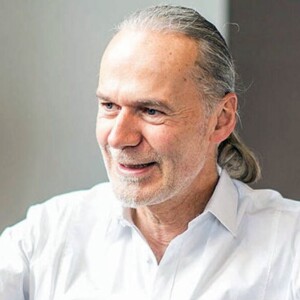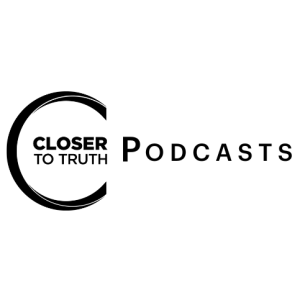

144: Fascia, Emotion, Inflammation, & Attention (with Robert Schleip)
🎙In this thought-provoking episode, Til and Whitney welcome back fascia researcher Robert Schleip to explore the evolving science behind fascia’s role in emotional regulation, inflammation, and sensory experience. They dive into Schleip’s keynote for the upcoming 7th International Fascia Research Congress and discuss emerging research on fascia as a dynamic neuro-immune interface.
Robert shares his updates on fascinating insights into attention, depression, touch, circadian rhythms, and how fascia may bridge body and mind in ways we’re only beginning to understand.
🕑 Key Topics
-
04:15 – Schleip’s keynote preview: fascia, emotion, and immune interaction
-
06:09 – The new direction of the 2025 Fascia Research Congress
-
07:55 – Polyvagal theory and fascia: Schleip on Porges and the vagus nerve
-
12:15 – Fascia and depression: new findings on thickened epimysium
-
20:47 – Foam rolling, mindful attention, and emotional filtering in depression
-
26:12 – Reticular formation, attention, and touch outcomes
-
32:07 – Therapist vs client attention: new data on treatment impact
-
37:12 – The history and evolution of the Fascia Research Congress
-
44:04 – Fascia, safety, and perceptual context
-
48:00 – Sliding fascia and emotional stress: 48-hour delay and resilience
-
51:40 – New paradigm: from force transmission to circadian rhythms and synthesis
-
56:21 – Schleip’s takeaway: return to wonder and curiosity under the stars
💡 Join the Conversation: Share your thoughts with us!
📌 Sponsored by: ABMP and Books of Discovery, with in-kind support from the Fascia Research Society
✨ Rate, review, and share! Help others discover The Thinking Practitioner podcast.
📄 Get the full transcript at Til or Whitney's sites!
- Whitney Lowe’s site: AcademyOfClinicalMassage.com
- Til Luchau’s site: Advanced-Trainings.com
Resources discussed in this episode:
- Fascia & depression study: Michalak J, Aranmolate L, Bonn A, Grandin K, Schleip R, et al. (2021) Myofascial Tissue and Depression, Cognitive Therapy and Research – https://pmc.ncbi.nlm.nih.gov/articles/PMC8688142/
- Fascia Research Congress: save $100 when you use the coupon code "THINKING" at https://www.frscongress.org/
Sponsor Offers:
- Books of Discovery: save 15% by entering "thinking" at checkout on booksofdiscovery.com.
- ABMP: save $24 on new membership at abmp.com/thinking.
- Advanced-Trainings: try a month of the amazing A-T Subscription free by entering “thinking” at checkout at a-t.tv/subscriptions/,.
- Academy of Clinical Massage: Grab Whitney's valuable Assessment Cheat Sheet for free at: academyofclinicalmassage.com/cheatsheet
- Fascia Research Congress: save $100 when you use the coupon code "THINKING" at https://www.frscongress.org/
About Whitney Lowe | About Til Luchau | Email Us: info@thethinkingpractitioner.com
(The Thinking Practitioner Podcast is intended for professional practitioners of manual and movement therapies: bodywork, massage therapy, structural integration, chiropractic, myofascial and myotherapy, orthopedic, sports massage, physical therapy, osteopathy, yoga, strength and conditioning, and similar professions. It is not medical or treatment advice.)
More Episodes
All Episodes>>You may also like
Create Your Podcast In Minutes
- Full-featured podcast site
- Unlimited storage and bandwidth
- Comprehensive podcast stats
- Distribute to Apple Podcasts, Spotify, and more
- Make money with your podcast












